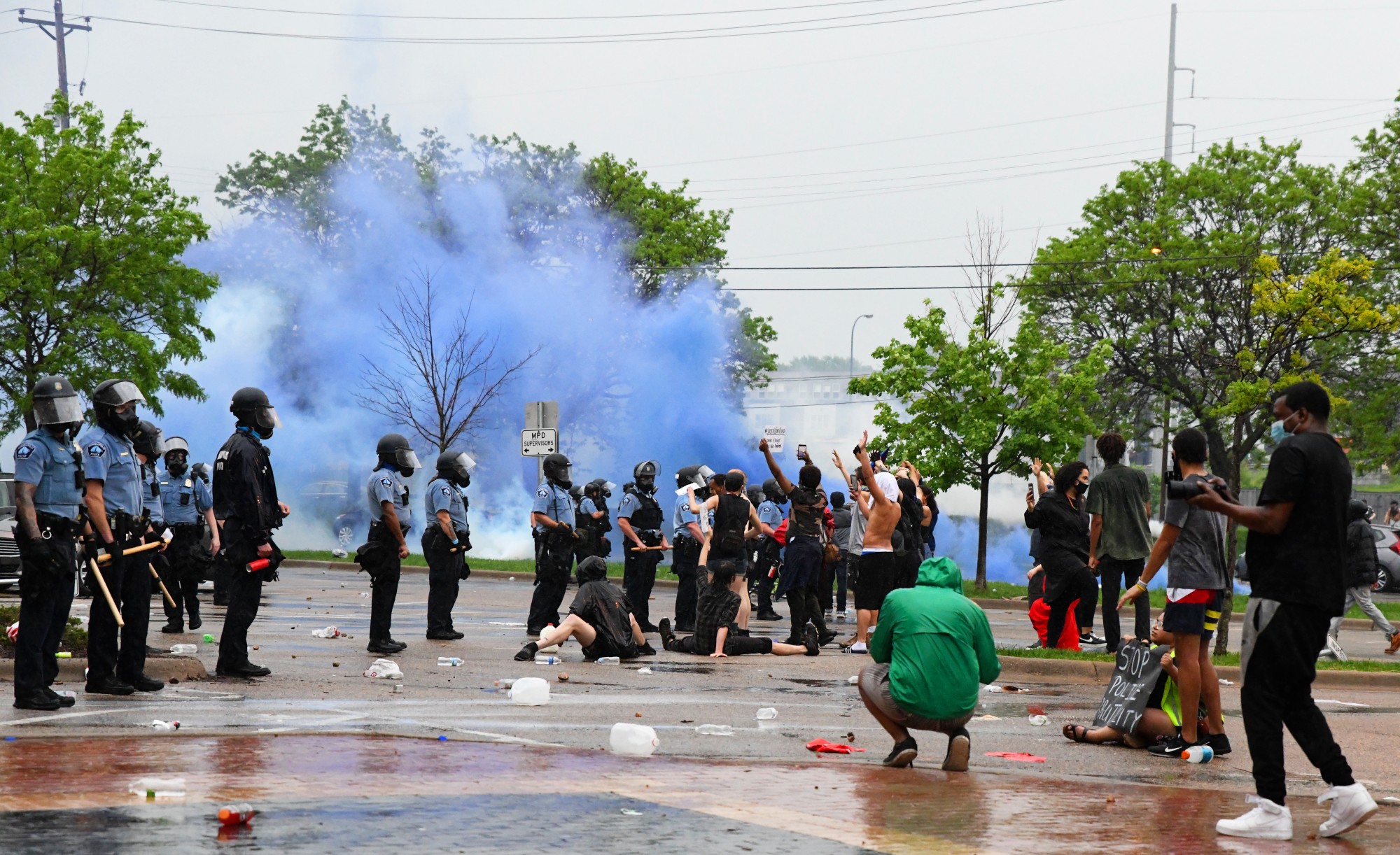State lawmakers have said criminal justice reform is a top priority in the wake of George Floyd’s death and ensuing protests.
During a meeting Saturday, the House public safety committee considered policies ranging from “warrior-style” training to requiring police to live where they serve. The University of Minnesota area’s representative Rep. Mohamud Noor, DFL-Minneapolis, also testified in support of eliminating cash bail.
The legislation was spearheaded by the House’s People of Color and Indigenous Caucus, which was formed in 2017.
“We come with a value statement of looking at policies and law through a race-conscious lens, and we do our work so that we’re doing it fighting for racial, social and environmental justice,” Rep. Rena Moran, DFL-St. Paul, a member of the POCI Caucus, said during the meeting.
One provision, authored by Rep. Hodan Hassan, DFL-Minneapolis, would allow Minneapolis and St. Paul to require residency for police officers. Currently, state law prevents cities from instituting residency requirements. Hassan said this change would help foster trust.
According to a 2017 Star Tribune article, only about 8% of Minneapolis Police Department officers live in Minneapolis.
“We want our police officers to be part of the community. We want to know them by name. We want to see them in our community spaces, in our worship spaces, in our grocery stores,” Hassan said at the meeting.
While the law only applies to Minneapolis and St. Paul, Hassan said she has heard feedback from local leaders across the state interested in implementing a similar policy.
Lawmakers also discussed a policy that would ban departments from providing “warrior-style” training. According to the legislation, warrior-style training means training in which officer survival is the highest priority and every interaction is seen as “a threat, or potential threat, to an officer’s safety.”
Jeronimo Yanez, who was charged after the 2016 shooting of Philando Castile in Falcon Heights, attended a warrior training seminar, drawing criticism from officials and police reform advocates.
Minneapolis Mayor Jacob Frey moved to ban warrior-style training last summer. He was met with opposition from the Police Officers Federation of Minneapolis, which offered officers free warrior-style training in response.
The legislation would also appropriate funding for mental health and crisis intervention training for law enforcement. Agencies would be required to report back to the state’s Peace Officer Standards and Training Board on how funds were spent.
“If officers don’t have proper training, interactions with people with mental illness can escalate quickly,” author Rep. Ruth Richardson, DFL-Mendota Heights, said during the meeting.
Rep. Mohamud Noor authored a provision banning cash bail last year. While the bill did not make it to a final vote, it is included in the new legislation.
Noor’s provision would allow a judge to release an individual facing a misdemeanor charge without paying bail. An officer would issue a citation to a suspect unless that person poses an immediate threat or there is a strong likelihood they will not appear in court.
Noor said the international attention on the city and state means lawmakers need to act quickly.
“If we don’t do this now, we’re going to fail not only the state but also the whole world,” Noor said in an interview.
The committee plans to vote on the legislation Monday. The Legislature convened for a special session Friday, which Senate Majority Leader Paul Gazelka, R-Nisswa, said will last for one week.








